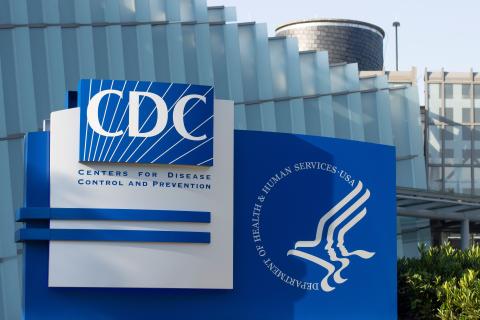Budget Axe Falls: How CDC Cuts Could Cripple Public Health and Local Economies

A groundbreaking study from George Washington University reveals alarming potential consequences of proposed budget cuts to the Centers for Disease Control and Prevention (CDC) for fiscal year 2026. The research warns that significant reductions could critically undermine public health infrastructure and create substantial economic ripple effects across state and local communities.
Researchers argue that proposed budget cuts would not only compromise critical disease prevention and health monitoring programs but also potentially destabilize local healthcare systems. The study highlights how reduced CDC funding could lead to diminished capacity for tracking emerging health threats, conducting vital research, and providing essential public health support.
Key findings suggest that budget cuts could:
• Weaken pandemic preparedness and response capabilities
• Reduce critical disease surveillance programs
• Limit community health intervention strategies
• Potentially increase long-term healthcare costs
• Compromise public health emergency readiness
The research team emphasizes that while budget constraints are challenging, investing in public health infrastructure represents a crucial strategy for protecting both community well-being and economic stability. They urge policymakers to carefully consider the broader implications of proposed CDC budget reductions.
As healthcare landscapes continue to evolve, maintaining robust public health funding remains essential for protecting national health security and supporting resilient, responsive healthcare systems.








